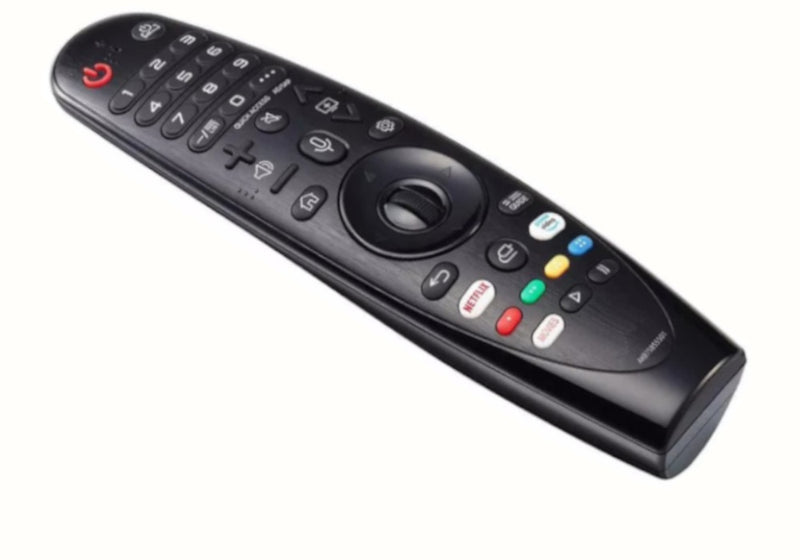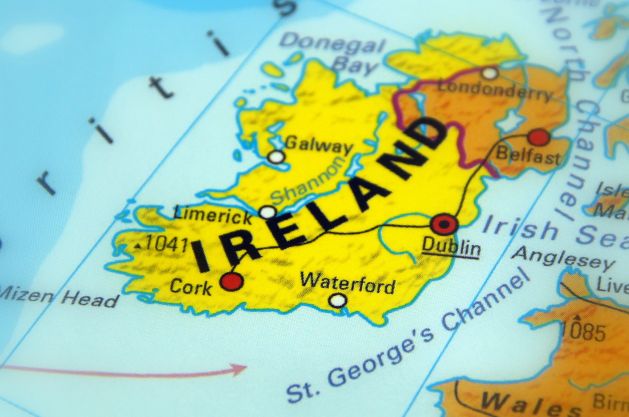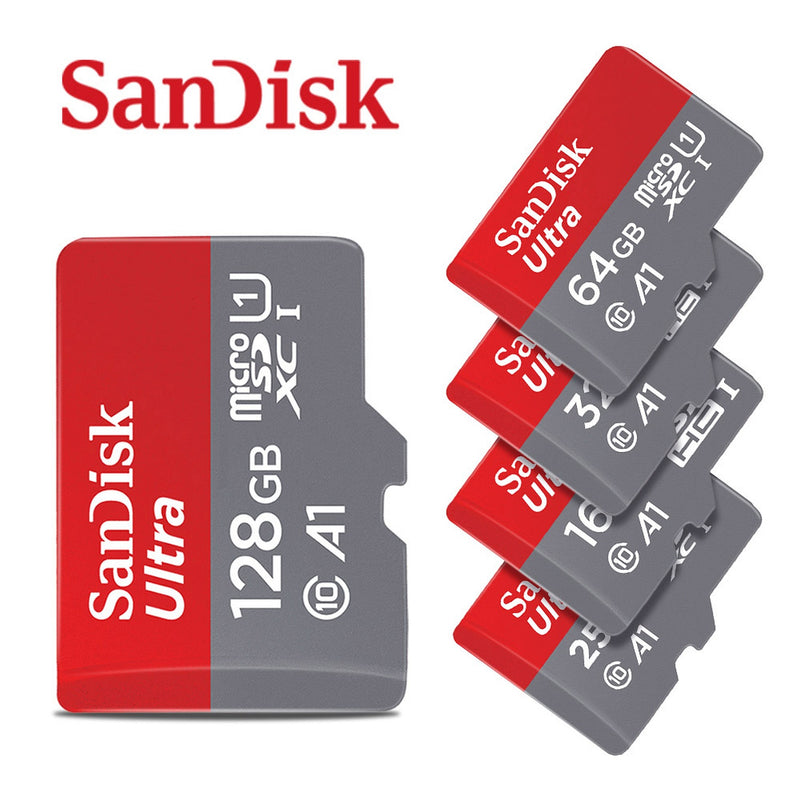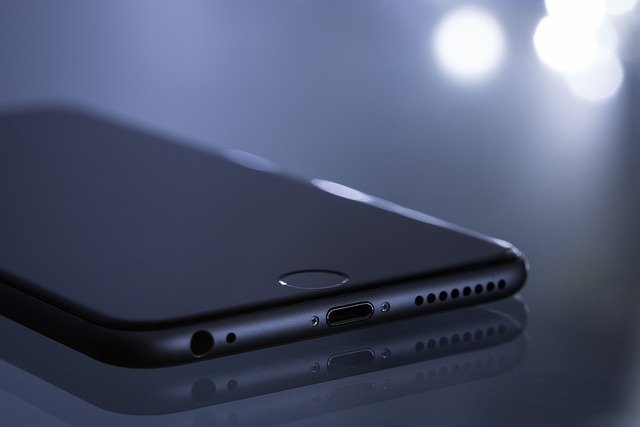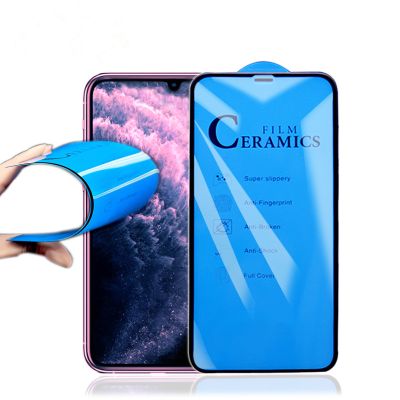

Here's a comparison between phone glass screen protectors, ceramic screen protectors, and hydrogel screen protectors:
-
Material Composition:
- Glass Screen Protectors: Made from tempered glass, chemically treated for durability and scratch resistance.
- Ceramic Screen Protectors: Made from a thin layer of ceramic material known for its hardness and scratch resistance.
- Hydrogel Screen Protectors: Made from a soft, flexible material that is self-healing and offers impact absorption.
-
Durability:
- Glass Screen Protectors: Highly durable against scratches and impacts, providing robust protection for the phone screen.
- Ceramic Screen Protectors: Also durable and scratch-resistant, offering protection comparable to glass protectors.
- Hydrogel Screen Protectors: Known for their self-healing properties, able to absorb minor scratches and maintain clarity over time.
-
Scratch Resistance:
- Glass Screen Protectors: Excellent scratch resistance, protecting the screen from keys, coins, and other sharp objects.
- Ceramic Screen Protectors: Very scratch-resistant, offering robust protection against scratches.
- Hydrogel Screen Protectors: While not as scratch-resistant as glass or ceramic, hydrogel protectors can heal minor scratches over time.
-
Impact Protection:
- Glass Screen Protectors: Effectively absorb impacts and help prevent cracks and shattering, acting as a sacrificial layer.
- Ceramic Screen Protectors: Provide some level of impact protection, although not as effective as tempered glass.
- Hydrogel Screen Protectors: Known for their impact absorption properties, providing good protection against drops and impacts.
-
Thickness:
- Glass Screen Protectors: Typically thicker due to the nature of tempered glass, although advancements have led to thinner options.
- Ceramic Screen Protectors: Generally thinner than glass protectors while still maintaining durability.
- Hydrogel Screen Protectors: Thinner and more flexible compared to glass and ceramic, offering a closer fit to the phone's screen.
-
Touch Sensitivity and Clarity:
- Glass Screen Protectors: Excellent touch sensitivity and clarity, closely mimicking the feel of the phone's original screen.
- Ceramic Screen Protectors: Also offer good touch sensitivity and clarity, though some users may notice a slight difference compared to glass.
- Hydrogel Screen Protectors: Generally offer good touch sensitivity, but clarity may not be as high as glass or ceramic, especially with lower-quality options.
-
Cost:
- Glass Screen Protectors: Usually more affordable compared to ceramic protectors, offering a good balance between cost and performance.
- Ceramic Screen Protectors: Tend to be more expensive due to the advanced material and manufacturing process.
- Hydrogel Screen Protectors: Can vary in price, with some affordable options available, but high-quality hydrogel protectors may be more expensive.
In summary, each type of screen protector has its own strengths and weaknesses, catering to different preferences and needs. Glass screen protectors offer excellent durability and scratch resistance, ceramic protectors provide similar protection with a thinner profile, and hydrogel protectors offer flexibility and self-healing properties at a potentially lower cost.
Blog was generated with the assistance of ChatGPT, an AI language model developed by OpenAI













